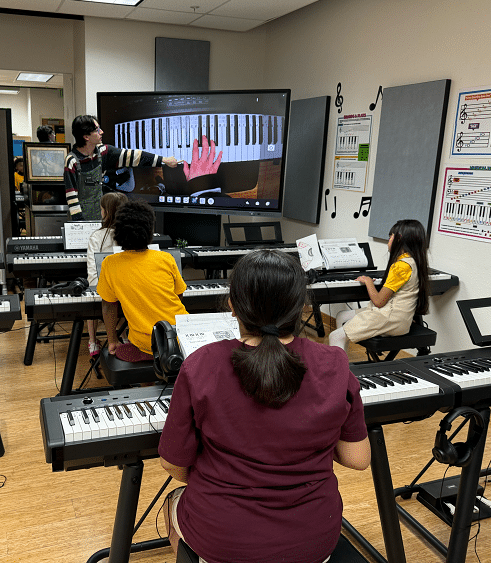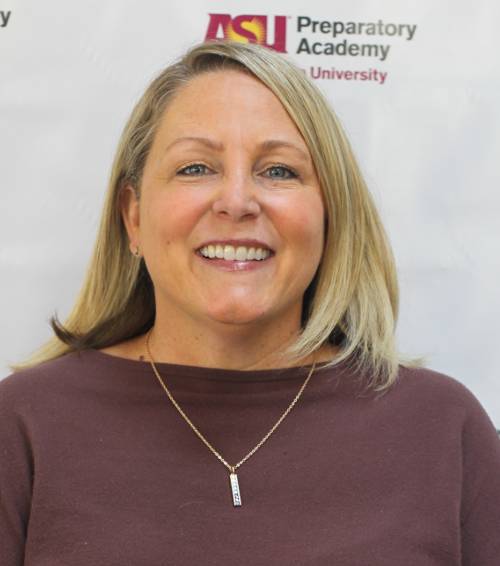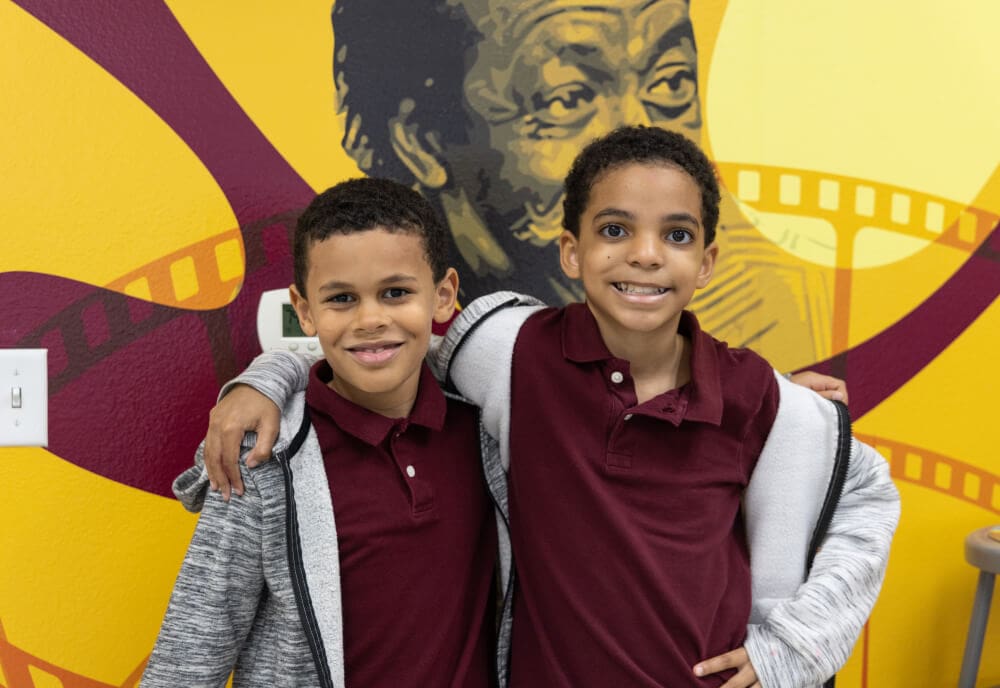Art + Music + STEM
ASU Prep Pilgrim Rest is a STEM-integrated performing arts elementary and middle school built on the principle that all kids, regardless of ability, identity, or prior opportunity, can develop the foundations and confidence needed to pursue an enriching and empowering career in the arts. From Pre-K through 8th grade, our scholars explore what it means to be expressive through a culturally responsive curriculum designed to establish ownership over one’s learning. In cooperation with the local community, ASU Prep Pilgrim Rest contextualizes learning with real-world collaborations that expose our students to a variety of arts and histories.








